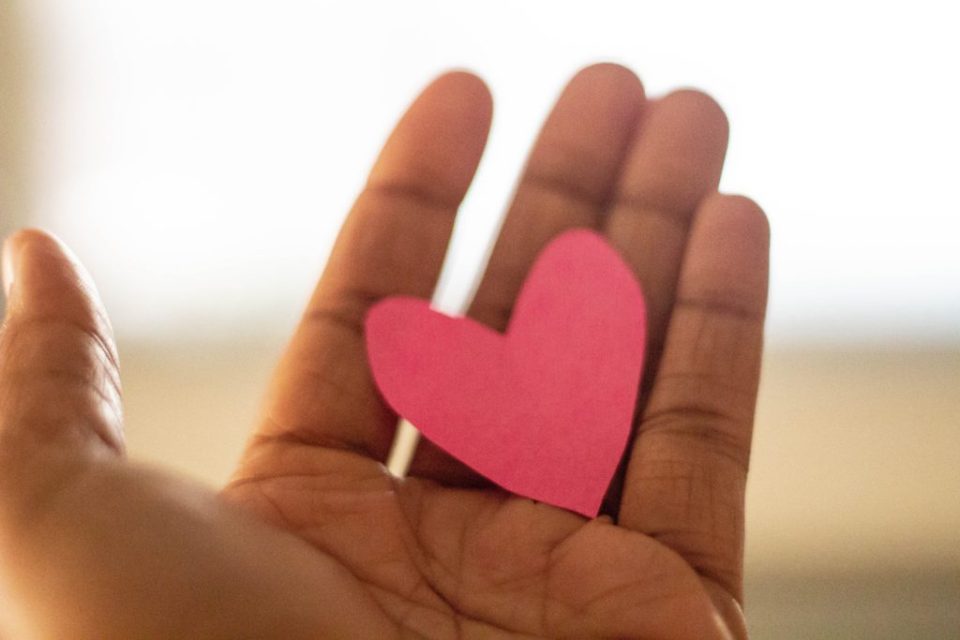What is self-care? The World Health Organization defined it as “what people do for themselves to establish and maintain health, and to prevent and deal with illness.”
Olga Phoenix is a Psychology Doctoral candidate and creator of the Self-Care wheel. She is an expert in wellness and Self-Care who brought all of this information together nicely with the creation of this tool. You can get your own copy here. Though Phoenix devised the tool for professionals who help survivors of harm, there are sound ideas on the wheel that anyone can use.
To some, self-care has to do specifically with over-the-counter medicine and self-medication. In 2014, The United States Senate unanimously passed Resolution 515 designating July 24, 2014 as International Self-Care Day. No doubt support for its passage was motivated by the economic benefits of self-care. Researchers who compile these sort of findings determined that there are indeed measurable monetary benefits from undertaking self-care. The resolution states that every $1 spent on OTC medication saves up to $7 in health costs.
The International Self-Care Foundation designated July 24th as International Self-Care Day. That date was specifically chosen in 2011 so that it would serve as a reminder that Self-Care is an always-on sort of thing. Well, because, like, you know, many parts of the world write this date as 24/7. . . .
Medical and mental health care are essential to well-being and in my experience, practitioners often talk with me about actions I can take in the time before the next checkup or appointment. There are many components to self-care that are the perfect complement to professional medical and therapeutic treatments. Self-care includes many lifestyle choices and engaging in behaviors to meet our needs, from the most basic to complex. There are limitless options for self-care, for every time span, budget and situation.
As a mom, I nearly always have at least one area of self-care that needs more attention. I’ll get into the zone on a project, and skip trips to the grocery store and end up ordering out more often than I’d intend to. My daughters are in their mid and late teens now, but when they were younger, I didn’t seek support as often as I should have so I could have time to myself or date nights with my husband. Getting enough sleep, practicing faith, nurturing social interaction, unplugging from time to time and regularly following professional health recommendations are some ways that you can care for yourself. But as Maya Angelou said “when you learn better, you do better.” I’ve learned! I practice much better self-care than I used to.

Self-care is both a vital tool and a foundation for wellness. As humans, we are fortunate to have many physiological safeguards hardwired into us that can alert us about needs that must be met: thirst and shivering are examples. But as we move further up the hierarchy of needs it can be tougher to identify the form of self-care we seek. A few thousand years ago, bands of hunter-gatherers needed shelter as much as we do today, but they didn’t have to force themselves to stop scrolling through Pinterest late into the night. For each of us in this age, good basic self-care practices can provide a platform to allow us re-balance and restore ourselves while we evaluate and address more complex needs.
Have you ever been in a situation where you needed a flashlight, but didn’t have one? Or maybe you had a flashlight, but the batteries were dead? Don’t let that happen to you in the area of self-care! Have the flashlight. Charge your batteries. Right now, I ask you to take a moment to put together a plan for self-care. What is one thing you can do if you have five minutes for self-care? An hour? A weekend?
Photo by Leighann Renee on Unsplash

